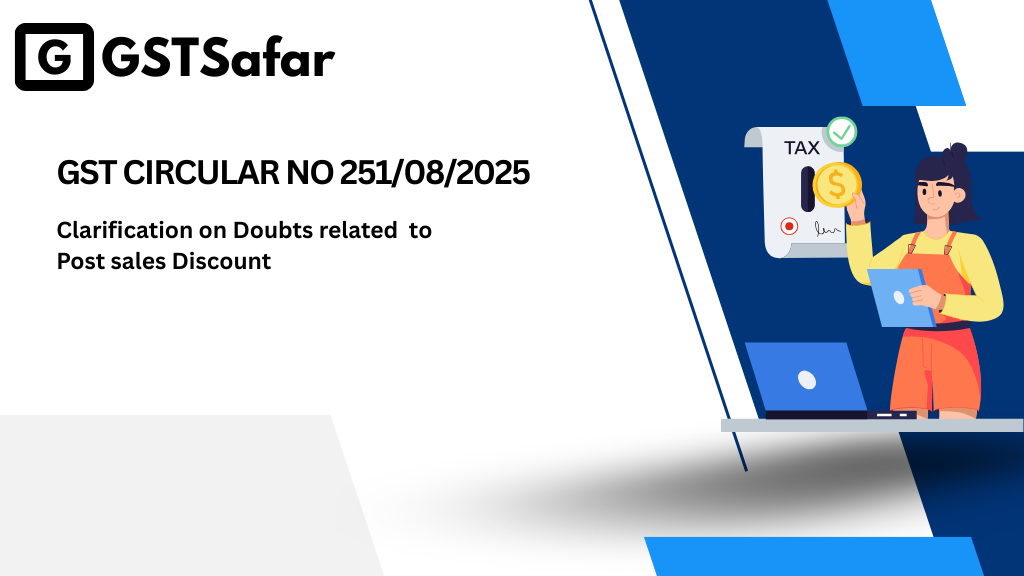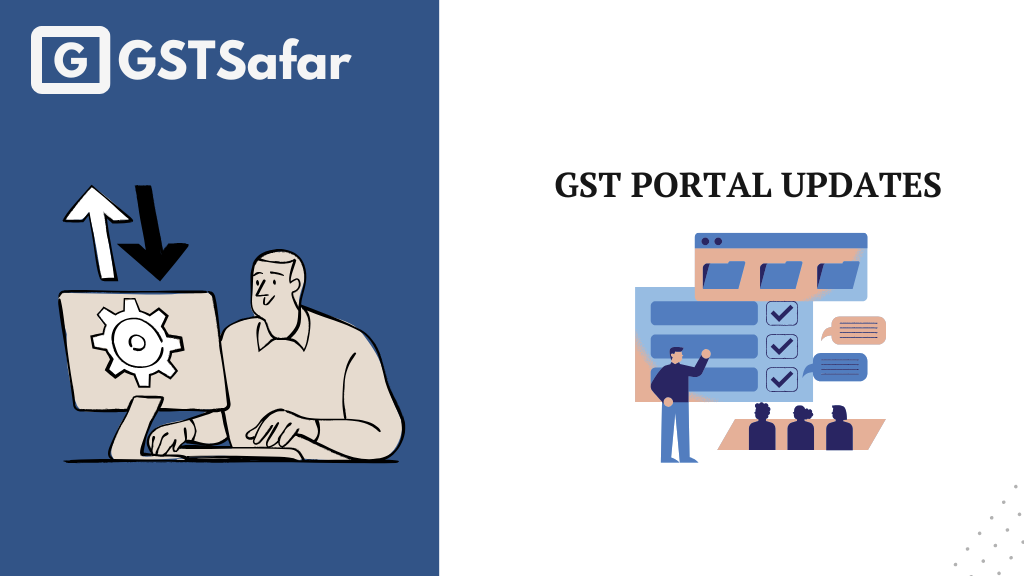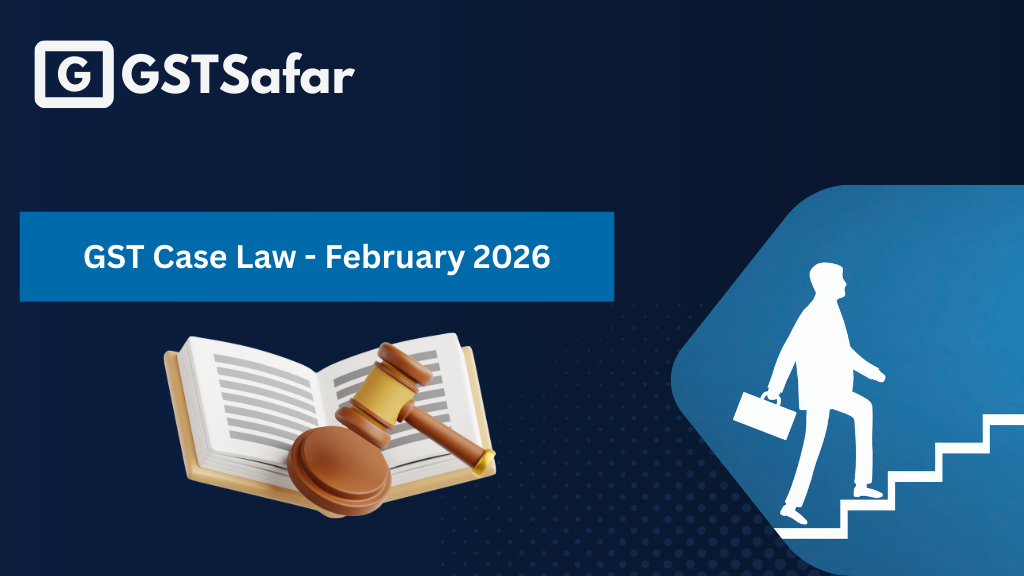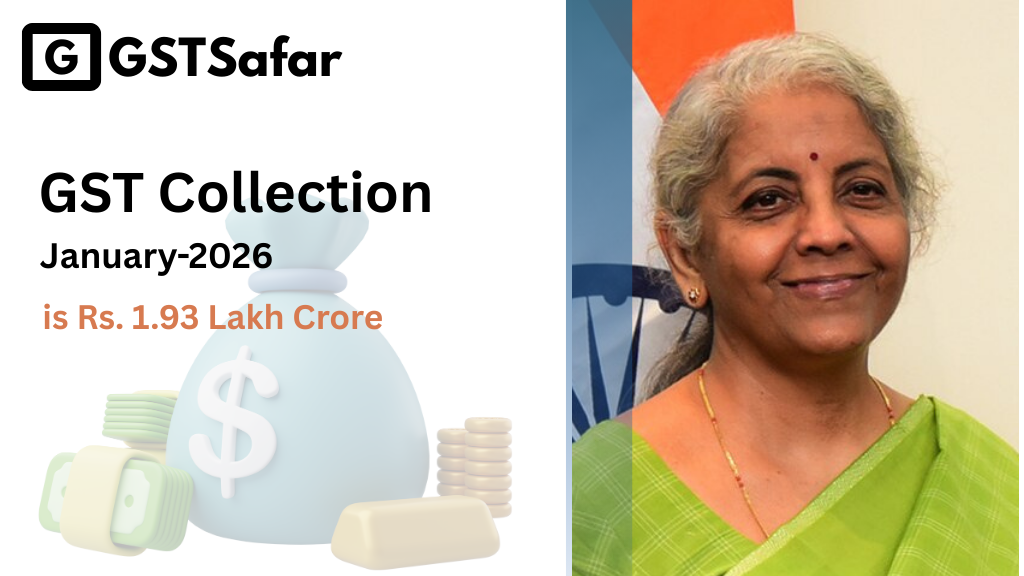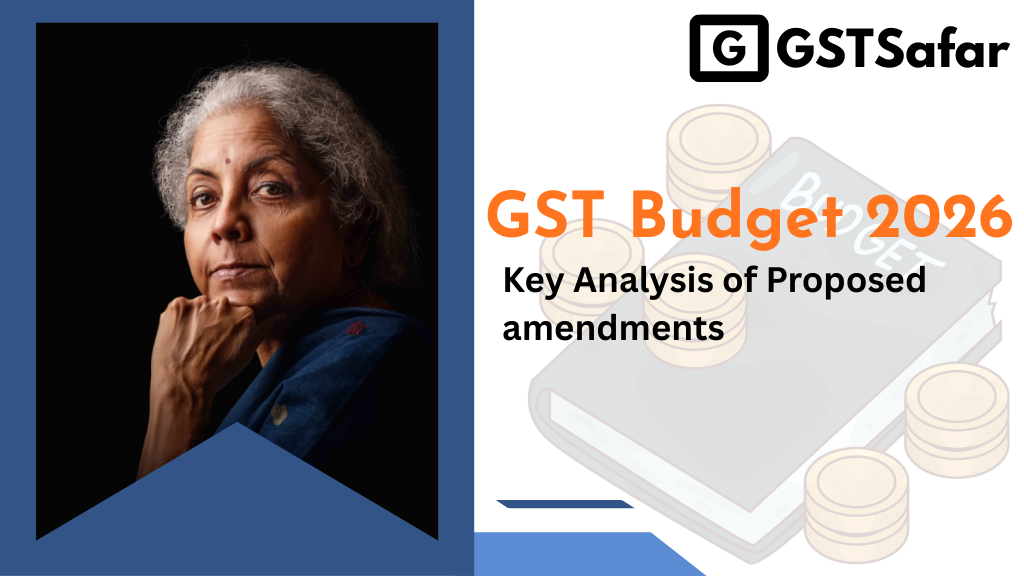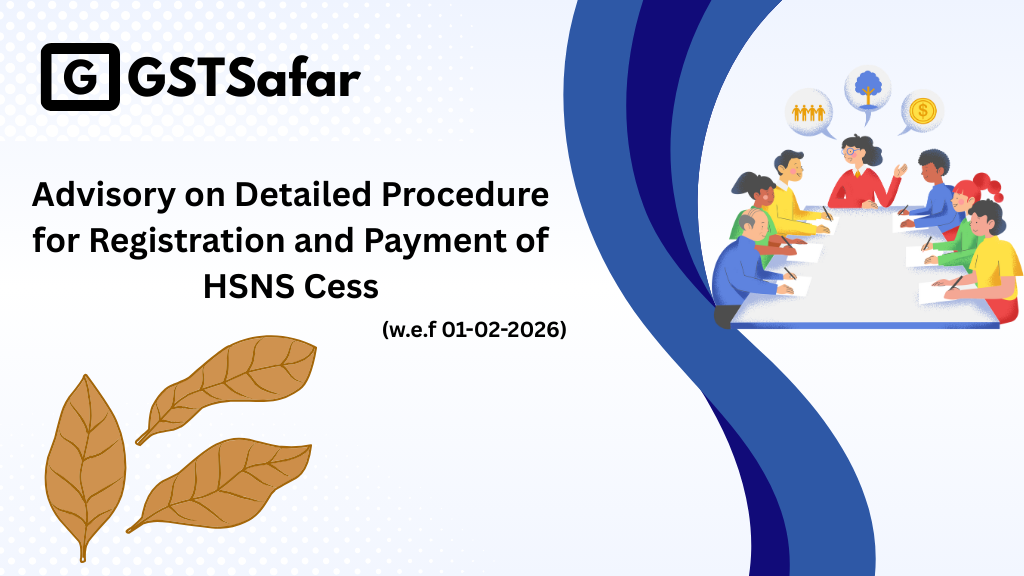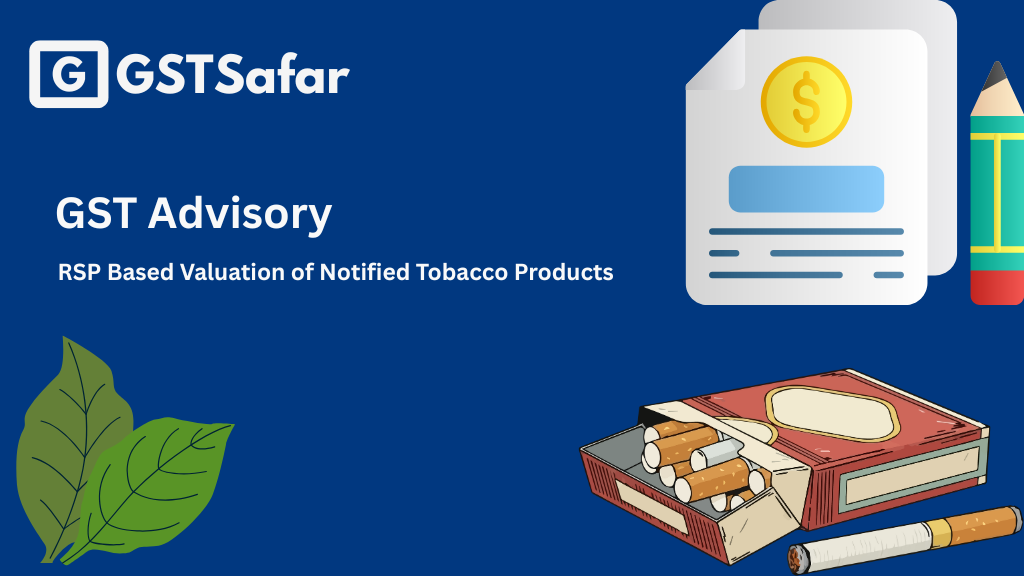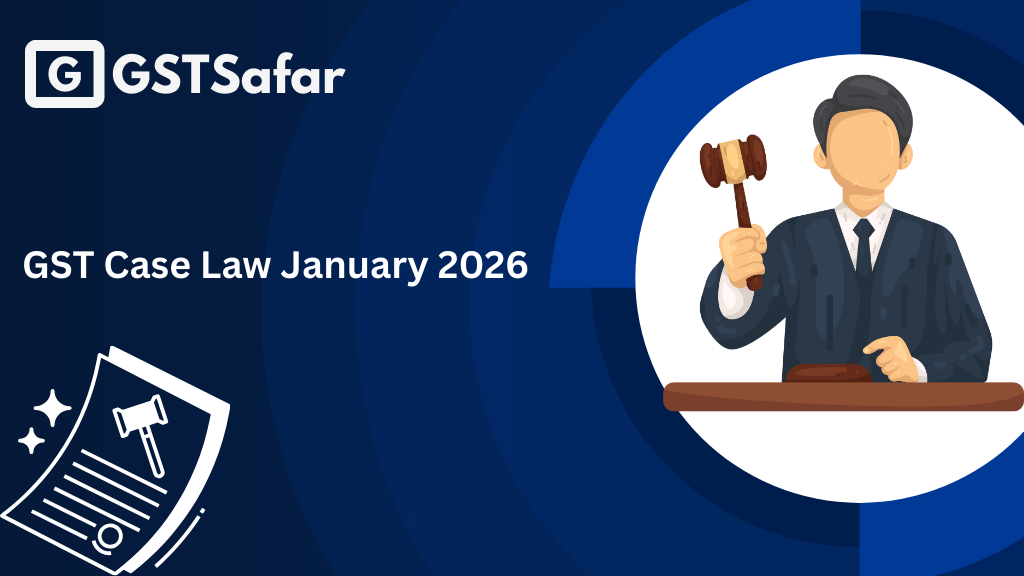Clarification on Doubts related to Post Sales Discounts
Circular No 251/08/2025 issued for Clarification on Doubts related to Post Sales Discounts. The matter has been examined.
Question:1 If a supplier issues a financial/commercial credit note (not a GST credit note under section 34 of CGST Act) and the buyer (recipient) pays a discounted amount to the supplier, can the buyer still claim full input tax credit (ITC) of the GST charged in the original invoice?
Answer:
Section 16(1) of CGST Act says: A registered person can take credit of the GST paid on goods/services used for business. Sometimes suppliers give extra discounts after issuing the invoice. They can issue financial/ commercial credit notes (without GST adjustment) to show this discount.
- These notes only reduce the commercial value (price payable),
- but they don’t reduce GST liability of the supplier.
That means:
- Supplier still pays GST on the full invoice value.
- The discount is purely a business adjustment.
Because the GST liability was not reduced:
- The tax charged in the invoice stays the same,
- So, the recipient can keep the full ITC of that tax.
The recipient does not need to reverse ITC just because they paid a lower (discounted) amount after the credit note.
Question:2 whether a post-sale discount given by a manufacturer to its dealer/distributor can be looked at as a kind of “payment” or “consideration” given by the manufacturer to induce (encourage) the dealer to sell the goods to the end customer.
Answer:
Section 2(31) of the CGST Act says that consideration includes not only money paid for goods/services, but also the monetary value of any act done as an inducement to make the supply happen. In simple words: If someone gives money, or something of value, to push or induce a supply, it could be treated as consideration.
A manufacturer sells goods to a dealer. That’s one complete and independent sale. The dealer then sells goods to the end customer. That’s a separate, second sale.
These two sales are independent of each other because:
1. Once the manufacturer sells to the dealer, the dealer becomes the legal owner.
2.The manufacturer has no further right or title in those goods.
- Post-sale discounts given by the manufacturer to the dealer are usually for competitive pricing — to help the dealer sell more easily in the market. But these discounts are not payments for any “service” rendered by the dealer to the manufacturer. They are only a reduction in price of the original supply of goods.
- Since, the sale from manufacturer to dealer is principal-to-principal (independent contract), andThe discount is not linked to any extra activity/service by the dealer, The discount cannot be treated as “consideration” (i.e., not an inducement for further supply). It is simply a reduction of the sale price of goods.
Sometimes, a manufacturer makes a direct commitment with the end customer to supply goods at a special discounted price. 1. But since the manufacturer doesn’t sell directly to the end customer, the sale still happens through the dealer. 2.To make this arrangement work, the manufacturer issues commercial/financial credit notes to the dealer. 3.This allows the dealer to sell to the end customer at the lower agreed price.
In this case, the discount is not just a simple trade discount between manufacturer and dealer.
- The dealer is essentially helping the manufacturer fulfill his promise to the end customer.
- So, the discount acts as an inducement (incentive) for the dealer to supply the goods at a lower price to the end customer.
Because the discount here is linked to an obligation of the manufacturer towards the end customer, it is treated as part of the overall consideration.
- That means it is not just a price reduction,
- but rather an inducement/payment influencing the dealer’s supply to the end customer.
Question : 3
whether a post-sale discount that a manufacturer gives to a dealer can be seen as a payment or “consideration” for the dealer’s marketing/promotion efforts (activities to push sales of the goods) or whether it is just a trade discount that reduces the sale price.
Answer:
1. Normal case – post-sale discounts
- Manufacturers often give post-sale discounts to dealers.
- Dealers may use those discounts to sell more goods and run promotional efforts.
- But these efforts help the dealers themselves, because the goods belong to them once they buy from the manufacturer.
- Therefore, the discount is seen as a reduction in the price of goods, not a payment for providing services to the manufacturer.
- Hence, no GST applies separately on such post-sale discounts.
2. Special case – specific promotional services
If a dealer enters into an agreement with the manufacturer to carry out clearly defined promotional activities, then the nature changes.
Examples:
- Running an advertising campaign,
- Printing co-branded materials,
- Customizing products,
- Organizing exhibitions,
- Providing customer support services.
In such cases, the dealer is not just selling goods but also providing a distinct service to the manufacturer. For that service, a separate consideration is agreed in the contract. Here, GST will apply on that service portion.
Download PDF of Circular No 251/08/2025
https://taxinformation.cbic.gov.in/content-page/explore-circulars
